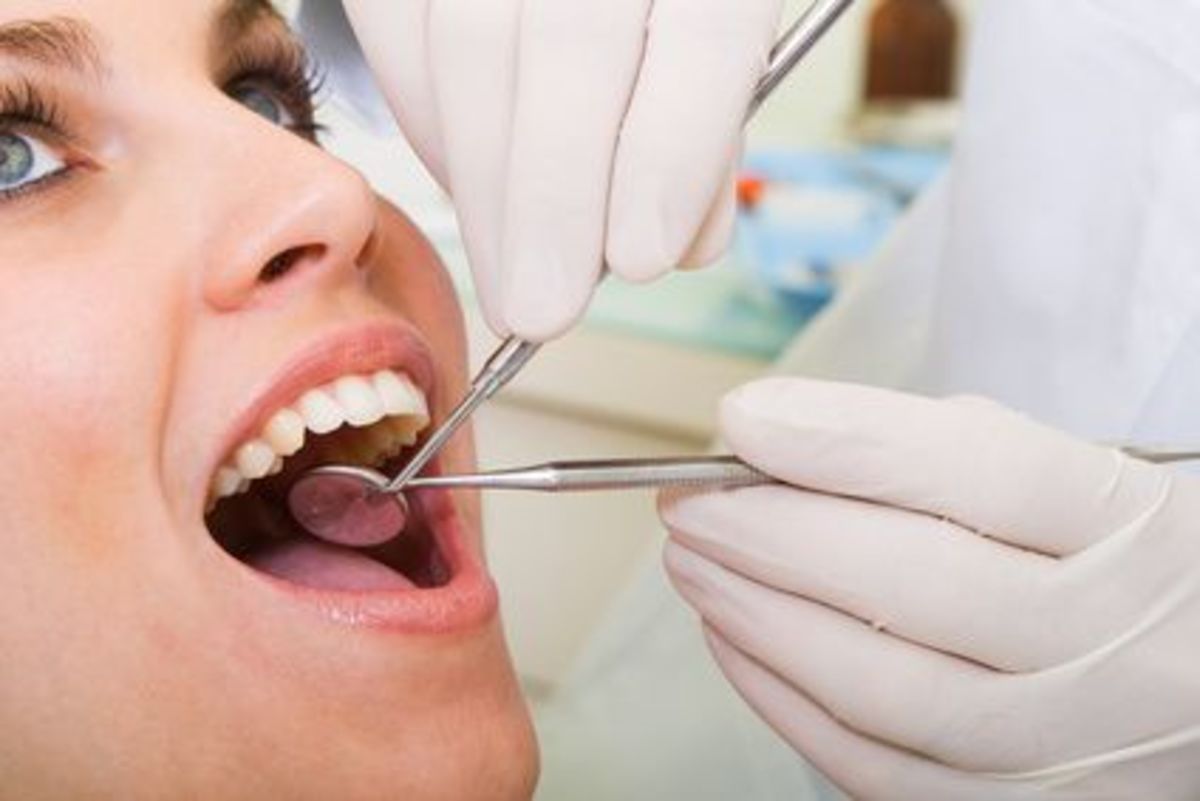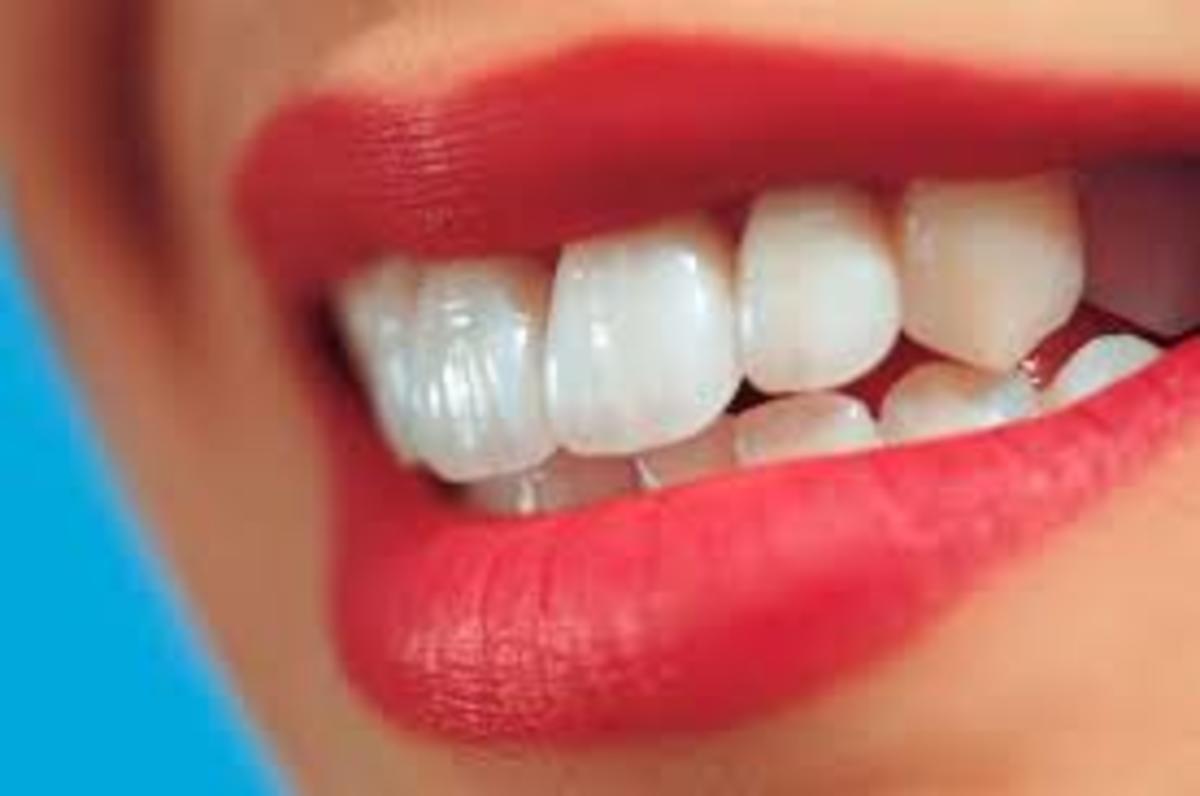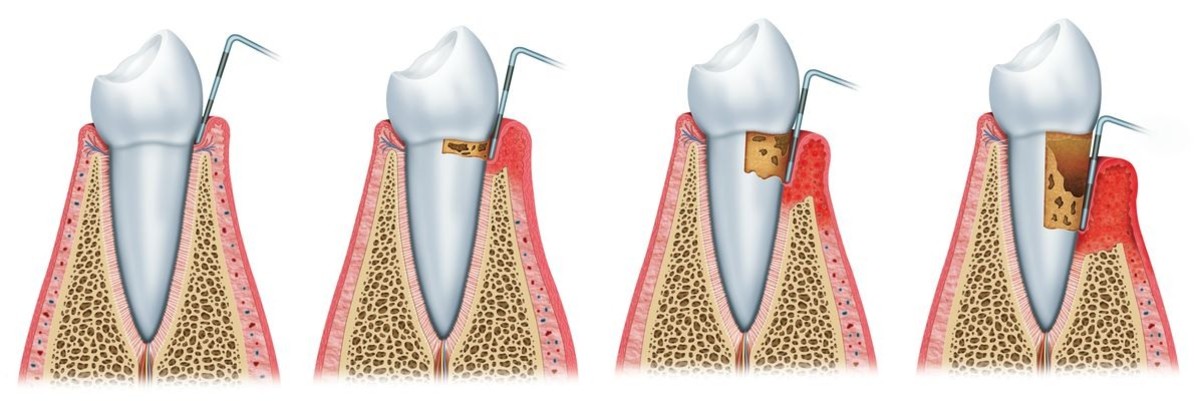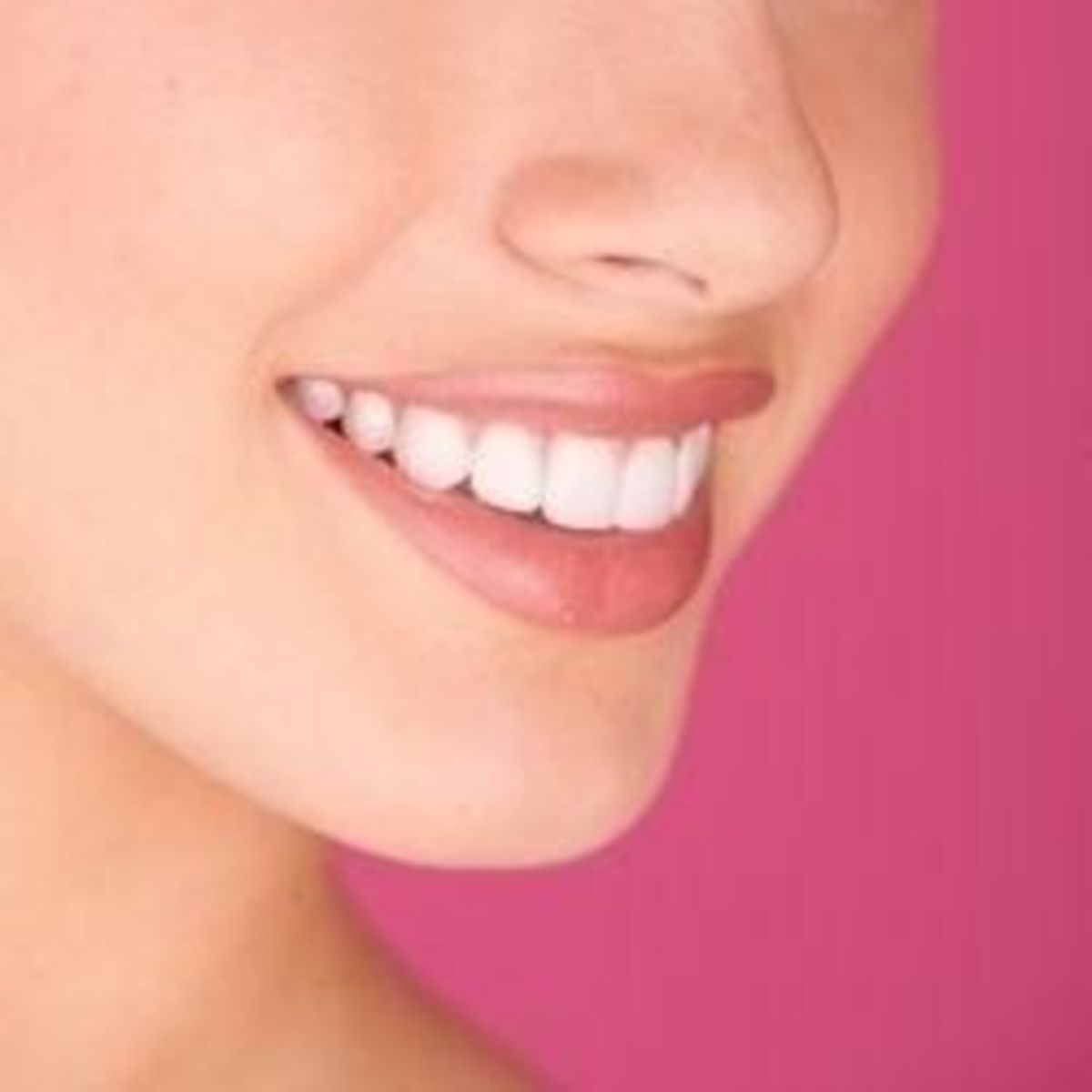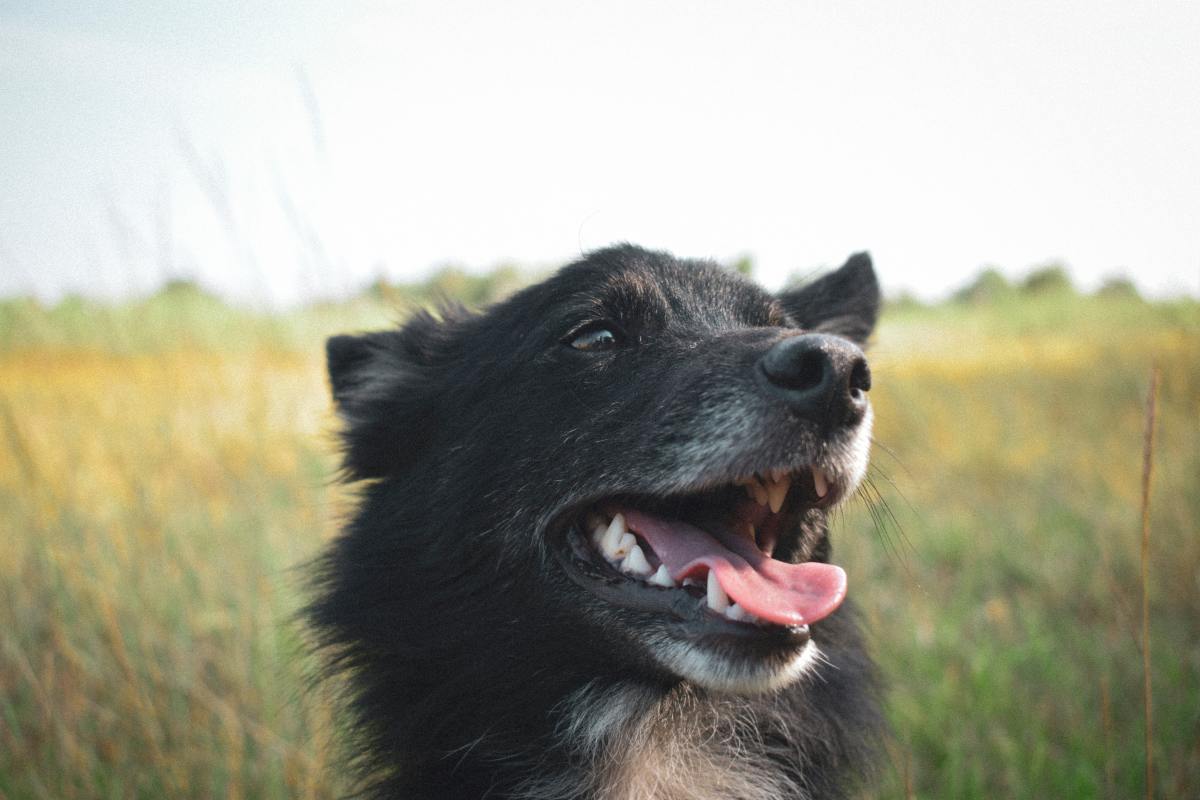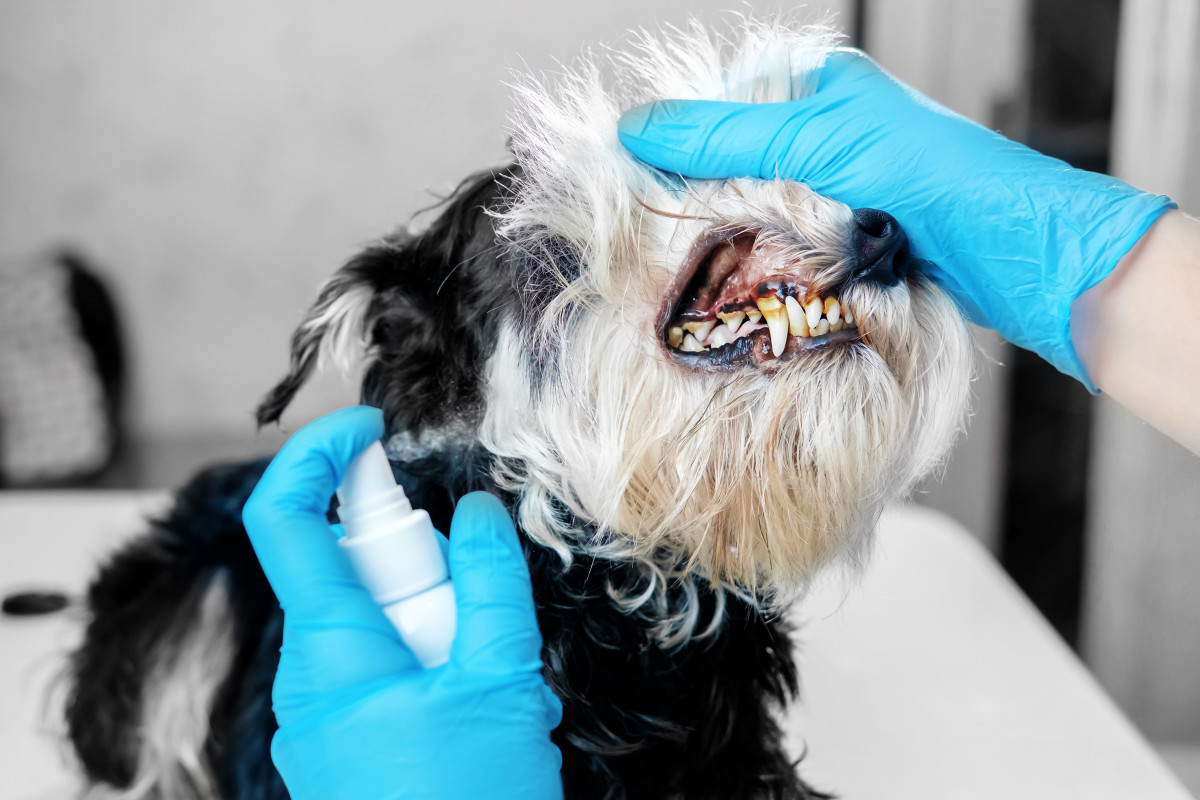- HubPages»
- Pets and Animals»
- Dogs & Dog Breeds»
- Dog Health
Dog Dental Health and Hygiene

Canine Oral Health and Dental Hygiene
Did you know that doggie breath can be a silent killer?
Yet paying attention to your dog's breath can help them live a long, healthy life.
Oral disease is one of the most common and frequently diagnosed diseases in dogs. As in humans, good oral health care is extremely important for animals as well. Not only will good oral hygiene preserve teeth and prevent bad breath, it has a huge impact on the animals overall health.
Gingivitis is Reversible With Proper Oral Hygiene
Oral disease begins with soft plaque buildup on the dogs teeth. The formation of plaque starts with saliva and food particles that adhere to the teeth and attract bacteria. If the soft plaque is not removed by simple brushing, minerals in drinking water combined with calcium found in the dog’s saliva quickly harden the plaque into tarter (dental calculus).
Tartar is a brownish/yellowish colored buildup on the teeth. If the tarter is not removed, it will continue to build up affecting the gums and tissue that support the teeth. Small pockets will form that trap food and bacteria. This is the earliest sign of oral disease called gingivitis. This build up of bacteria irritates the gums causing them to become inflamed (red) and swollen. The gums may also easily bleed when touched.
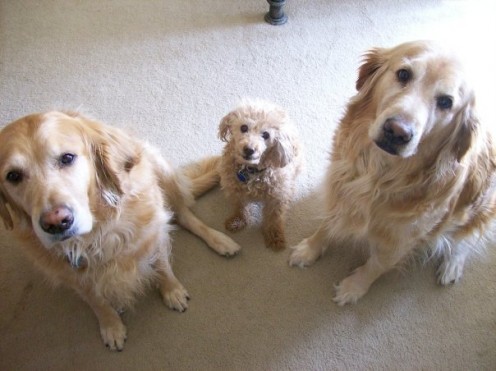
Periodontal Disease is Irreversible
Without proper oral hygiene, continuation of gingivitis develops into periodontal disease. The roots of the teeth become infected and the teeth begin to loosen. Eventually, the teeth detach from the gums. Dogs are often in pain and suffer in silence.
Through these infected oral areas, bacteria can potentially enter the animal’s bloodstream. The bacteria can cause a threat to the immune system. If this happens, damage to other organs such as the heart, liver, and kidneys can occur. This is sometimes referred to as "the silent killer." The overall health and lifespan of the dog can be greatly compromised.
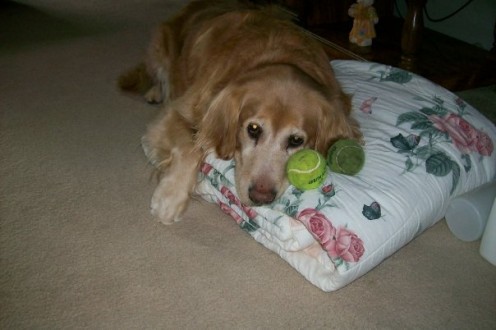
Warning Signs of Canine Oral Disease
- Bad breath
- Weight loss
- Reluctant eating
- Difficulty chewing
- Dropping food
- Drooling
- Pawing at mouth
- Bleeding gums
- Acting lethargic
- Appearing depressed
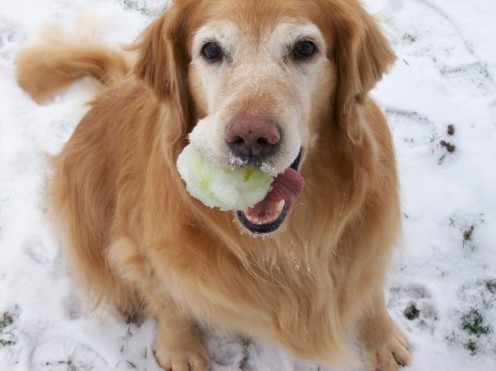
Pet Food Company Marketing
Marketing techniques by pet food companies give the impression that some dry pet food will take care of removing plaque and tartar. Although dry food does help, the areas susceptible to periodontal disease are often not touched by the chewing/scraping action. In addition, most dogs do not chew their food completely. Therefore, brushing the teeth and gum line where most dental problems begin remains important in the prevention of oral disease.
Did You Know?
- Dogs start out with 28 baby teeth and are replaced by 42 permanent teeth. Cats start out with 26 baby teeth and are replaced by 30 permanent teeth.
- According to the American Veterinary Dental Society, 80% of dogs and 70% of cats show signs of oral disease by the age of three.
- Every year, February is designated as Pet Dental Health Month. Various organizations such as the American Veterinary Medical Association (AVMA) and the American Veterinary Dental Society (AVDS) promote pet dental health awareness campaigns.

HOW OFTEN DO YOU BRUSH YOUR DOG'S TEETH?
Managing Your Dog's Oral Health
There is a high prevalence of periodontal disease in dogs, especially smaller dogs and all dogs as they age. The good news is these oral health issues can be controlled.
Brushing your dog’s (and cat’s too) teeth should be done daily or at least a few times a week to be effective. It only takes a few minutes and can add years to your pet’s life. Always use specially formulated toothpaste for your pet. Never use human toothpaste because it may be toxic. As long as the surfaces of the teeth are brushed frequently to remove the softer plaque, the gums will remain healthy. Once the plaque hardens into tartar, it must be scrapped off the tooth.
Dogs that eat dry crunchy food and chew on hard bones or biscuits will have less tartar build up than those dogs that eat soft food. You can also purchase specially formulated food recommended to combat plaque and tartar buildup. But keep in mind that this does not eliminate the need for brushing.
In addition to brushing your dogs teeth routinely at home, regular veterinary checkups are important to catch problems before they become serious. Your veterinarian may suggest a professional teeth cleaning. Any time you suspect an oral health problem, schedule a dental exam as soon as possible.
Remember . . . proper oral hygiene for your dog can add many more years of happiness for them and you too! AND, the same care applies for our feline friends as well. Best Wishes!
This is Sharyn's Slant





